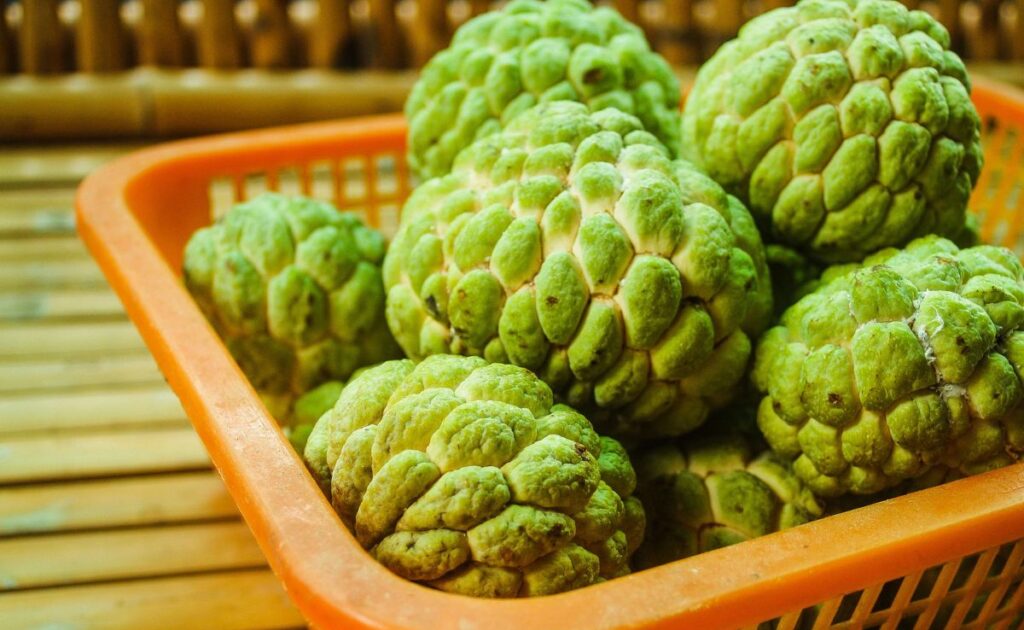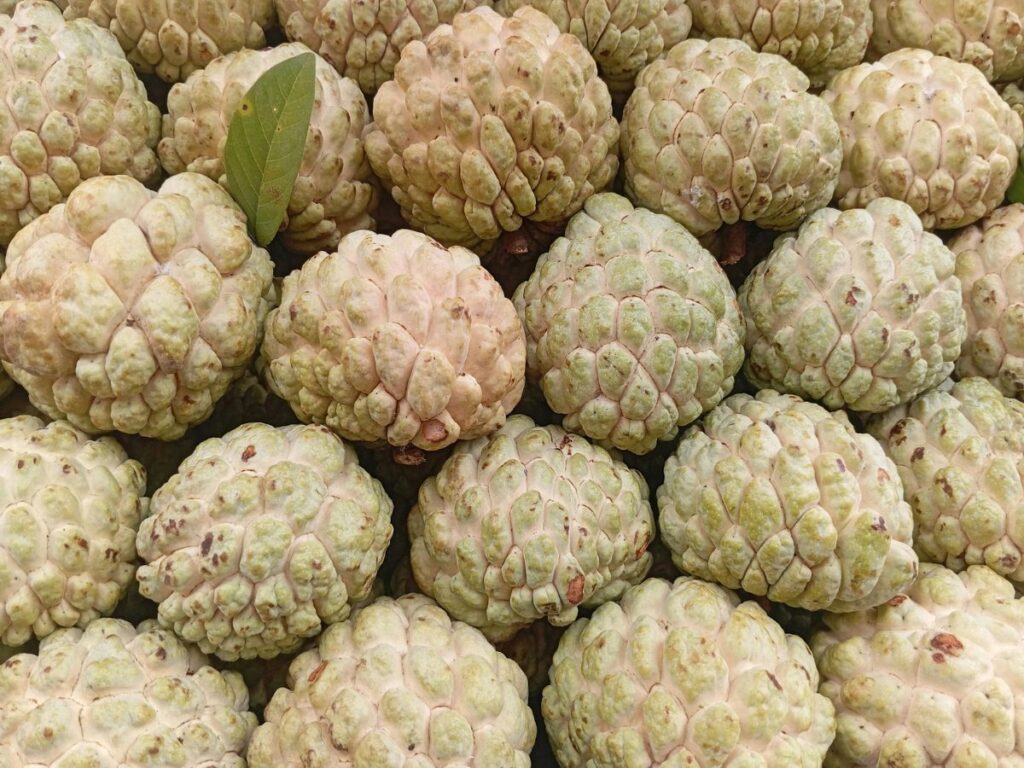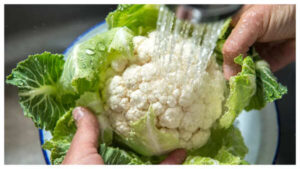5 Shocking Reasons Why You Shouldn’t Eat Too Much Custard Apple

5 Shocking Reasons Why You Shouldn’t Eat Too Much Custard Apple
Custard apple, also known as sitaphal, is a soft, sweet, and creamy fruit that many people in India love to eat. It’s full of vitamins and minerals like vitamin C, potassium, and phosphorus, which help the body stay strong and healthy. While the fruit has many benefits when eaten in moderation, eating too much of it can lead to several health problems that many people don’t know about.
When Sweet Turns Risky
Custard apples may taste delicious, but they also contain a lot of natural sugar. Eating it every day or in large amounts can cause blood sugar levels to rise quickly. This makes it risky for people who have diabetes or are trying to control their sugar intake. The high sugar and calorie content can also lead to weight gain if eaten too often.
Besides sugar, custard apple has some saturated fat, which may increase bad cholesterol levels in the body when eaten in excess. This can make the heart work harder and may even increase the risk of heart disease in the long run. So, while it’s tempting to eat more of this tasty fruit, balance is very important.
Allergy Alert
Not everyone’s body reacts the same way to custard apple. Some people may develop allergic reactions after eating it. Common signs include itching, rashes, or redness on the skin. In rare cases, people may even find it hard to breathe. If you ever notice such symptoms after eating custard apple, it’s best to avoid it next time.
Trouble in the Tummy
The custard apple is known for being rich in fiber, which is good for digestion when eaten in the right amount. However, eating too much can do the opposite. Too much fiber can cause bloating, gas, and even diarrhea. People with sensitive stomachs may also experience constipation or nausea after overeating the fruit. So, even though fiber helps clean the stomach, overdoing it can cause discomfort.
The Hidden Danger in the Seeds
While the soft pulp of the custard apple is safe and healthy, its seeds are dangerous. The seeds contain toxic substances that can cause poisoning if swallowed or chewed. They can also lead to stomach pain or vomiting. Parents should be especially careful when giving custard apples to young children and ensure that all seeds are removed before serving.

Risk for People with Kidney Problems
Custard apple is rich in potassium, which is normally good for the body, as it helps balance fluids and supports the heart. But for people who have kidney problems, too much potassium can be harmful. It can lead to a condition called hyperkalemia, which causes irregular heartbeats and other serious health issues. People with kidney diseases should eat custard apples only in small amounts and after consulting a doctor.
Other Possible Problems
Custard apples also contain a compound called annonacin, which may affect the nervous system when eaten in large quantities. Some people may experience dizziness, watery eyes, or even a sudden drop in blood pressure after eating too much of it. In cold weather, custard apples may also make the body’s temperature drop slightly, causing some people to catch a cold or cough.
Pregnant women should be cautious as well. Eating unripe custard apples can cause nausea and stomach pain. The seeds can also be risky if accidentally swallowed.
Enjoy Custard apples in Moderation
Custard apples can be a healthy and tasty part of your diet if eaten in moderation. One small fruit every few days is enough to enjoy its benefits without facing its side effects. Make sure to remove all the seeds, eat only the ripe part, and store the fruit properly.
Disclaimer: This article is for general informational purposes only. It is not a substitute for medical advice. Always consult a healthcare professional before making any major changes to your diet, especially if you have existing health conditions like diabetes, kidney problems, or heart disease.












